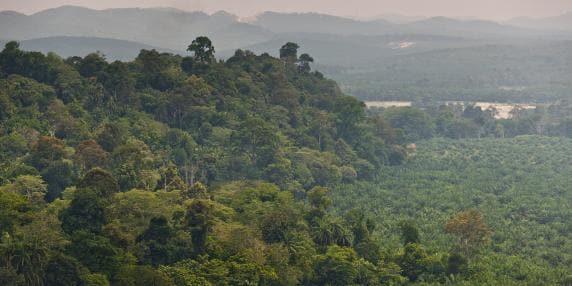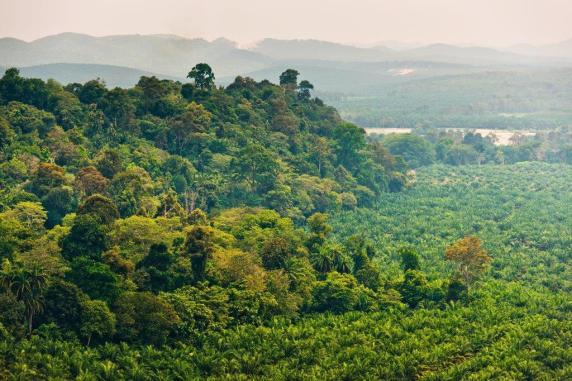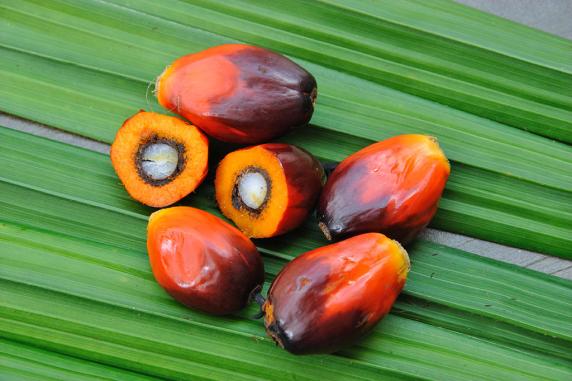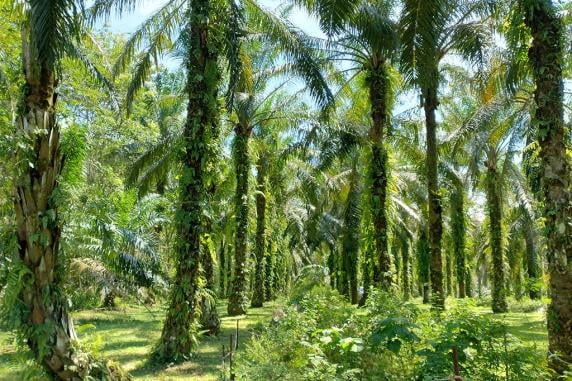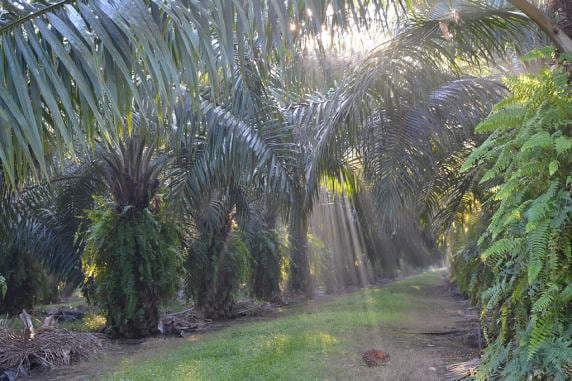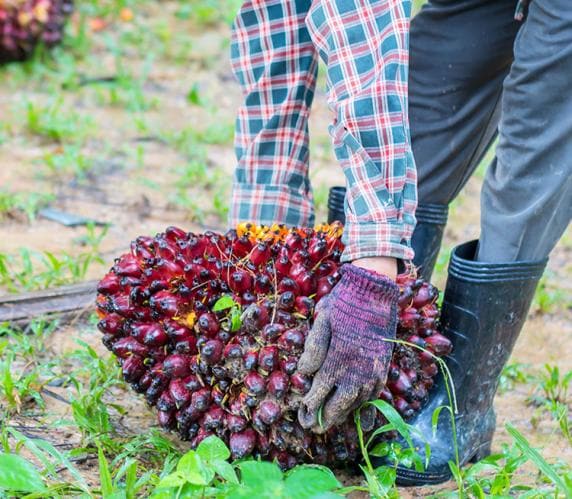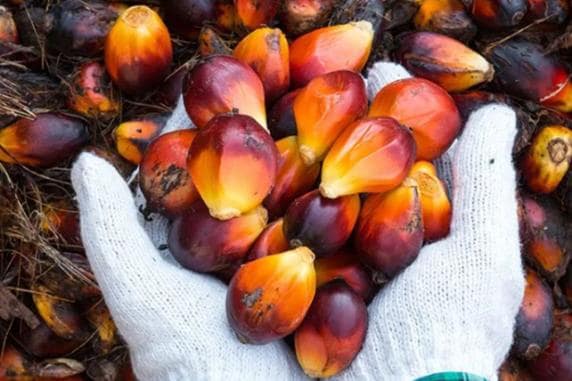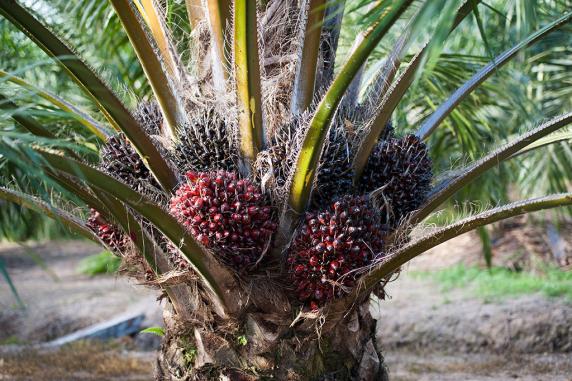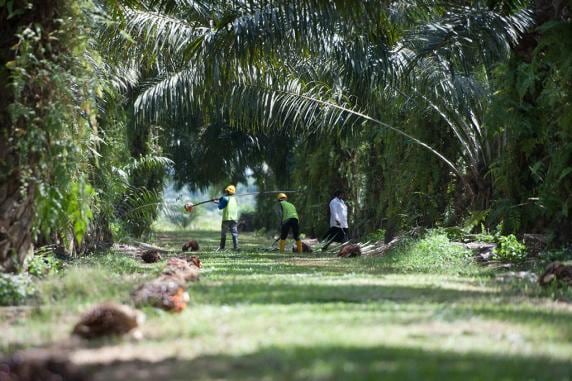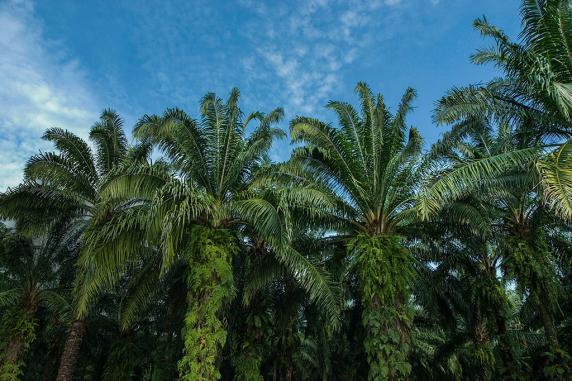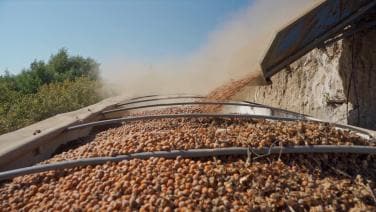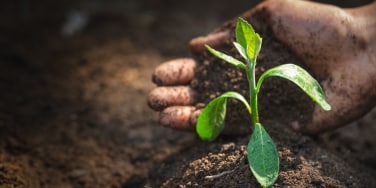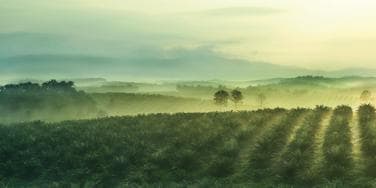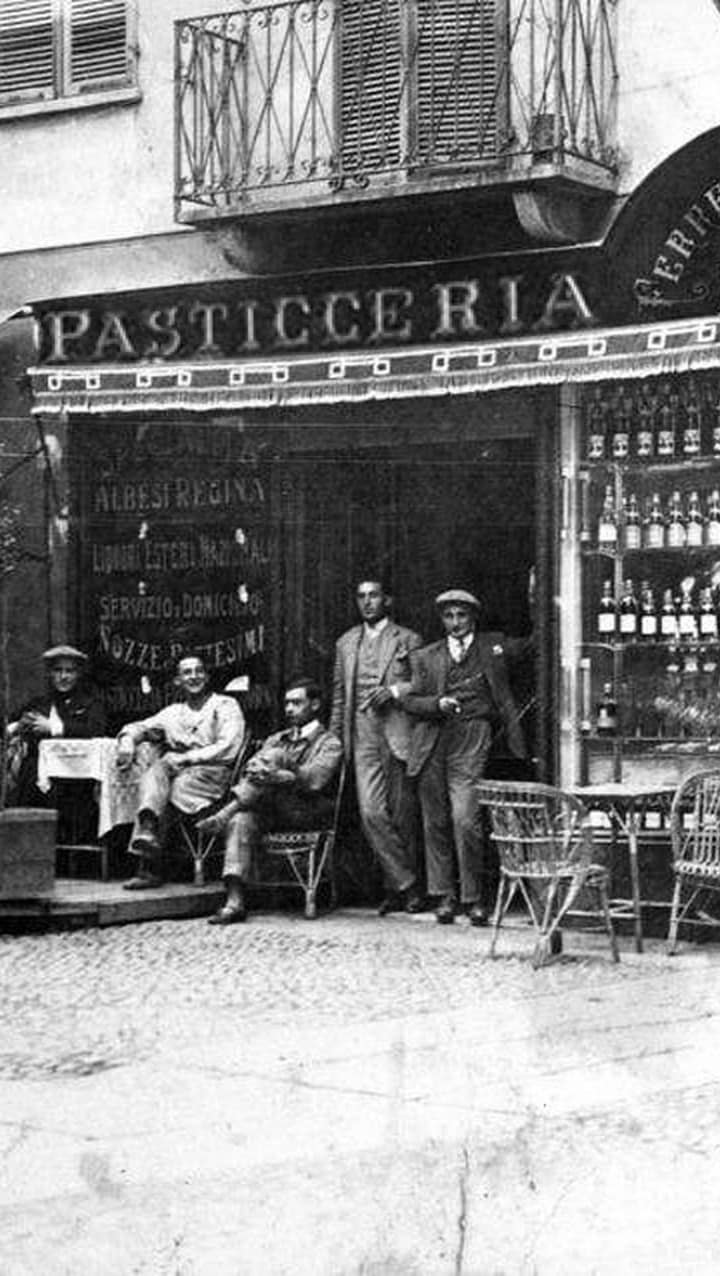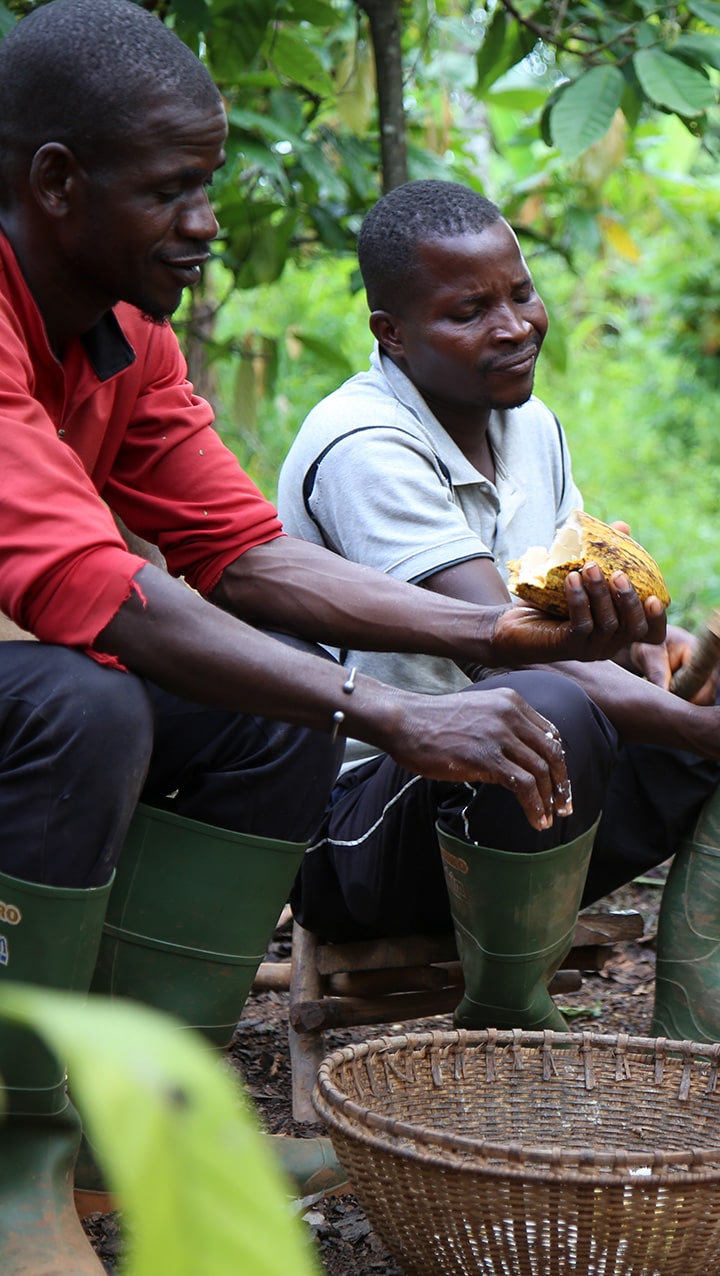10 FACTS ABOUT FERRERO’S PALM OIL
Palm oil has been a part of human consumption for thousands of years. Said to originate from the tropical rain forest region of West Africa, archaeological evidence indicates that it was available in ancient Egypt, dating back as far as 3,000 B.C. Today, around 80 million metric tonnes of palm oil are produced annually across more than 40 countries, and close to 50% of products on sale in supermarkets use it in their formulation*.
At Ferrero, we use palm oil to enhance the rich taste and creamy texture of our products, as well as to extend their shelf life and quality when consumers store our products at home. As it is an important ingredient, we have been working for a long time to source our palm oil responsibly. We’re proud to be recognized for leading the way on sustainable palm oil. Here, we’re sharing 10 ways we’re doing this.
1) We are committed to no-deforestation
We’re committed to keeping forests standing, and require a commitment from our palm oil suppliers to 100% no deforestation. In addition, through a partnership with Starling, a satellite monitoring tool developed by Airbus and Earthworm Foundation, we actively monitor our sourcing areas for deforestation, covering more than 1.6 million hectares.
Having invested in sustainable palm oil for the last 20 years, we welcome the EU Regulation on deforestation-free supply chain.
2) We know where our palm oil comes from
We’ve committed to sourcing palm oil that is traceable. From the total volume of palm oil that’s sourced across our Ferrero Group brands, 98% is traceable back to plantations.
Complete traceability reiterates our commitment to zero deforestation, as it helps us to guarantee our palm oil does not come from plantations that are subject to deforestation.
3) We’re promoting nature-based and biodiversity-friendly production practices
Since 2019, we have partnered with the Sustainable Agriculture Network (SAN), a global impact network focused on nature-based and biodiversity-friendly production practices. Together, we aim to encourage palm oil producers to adopt biodiversity conservation practices, establish habitats for beneficial insects, and reduce the usage of synthetic pesticides.
Currently a toolkit of nature-based solutions is under development, based on the growing program with smallholders and medium states, aiming at replicating our successful project at a larger scale.
4) We contribute to creating landscapes where people and wildlife can coexist peacefully
In 2020, we contributed to the launch of TRAILS, an innovative and interdisciplinary R&D program in Malaysia. The project aims to create landscapes where people and wildlife can coexist. One aim is to involve local communities in preserving orangutan habitats within landscapes dominated by oil palm plantations. Another important activity is helping local communities establish nurseries to produce tree seedlings for reforestation and oil palm plantations.
TRAILS connects academics, NGOs, and private and public stakeholders to find integrated approaches to reforesting wildlife corridors – one of the key components in preserving biodiversity and climate resilience in fragmented plantation landscapes – while also tackling rural poverty.
5) We’re committed to fair working conditions
Throughout our palm oil supply chain, we do not tolerate any form of exploitation, be that child labour, forced labour, indecent housing conditions for farm workers, or unfair working conditions. Moreover, we believe those who work on the production of palm oil should be fairly compensated for their endeavours.
We know this is not something we can tackle alone. Since 2021, we’ve worked with Earthworm to support the adoption of responsible labour practices within our palm oil supply chain in Malaysia.
Together, we have deployed two programmes. The first focuses on labour practices to ensure fair, safe and decent working conditions for workers. The second focuses on ethical recruitment practices. By the end of 2023, more than 4,000 workers had benefitted from the outcomes of these projects.
6) We have a Palm Oil Charter
Launched in 2013, our Palm Oil Charter states our ambition for a palm oil industry that is good for both people and nature. Developed alongside key partners, our Charter pushes beyond regulation to help create an industry where palm oil production truly creates value for all. Our goal is a supply chain where smallholders and farming communities thrive, and workers in mills, refineries and plantations have rights that are unequivocally respected. A constantly evolving statement of our commitment, the Charter seeks to guarantee that environmental values are not only protected, but enhanced, through sustainable agricultural practices.
7) We’re a member of RSPO and we are committed to sourcing certified segregated palm oil
Our journey towards sustainable palm oil started in 2005 when we became a member of the Roundtable on Sustainable Palm Oil (RSPO). The RSPO established a set of environmental and social criteria companies must comply with throughout the supply chain to produce sustainable palm oil, including ethical and transparent processes, protecting and respecting local farming communities, and protecting human rights across the supply chain.
In 2015, we became one of the first global companies to start sourcing 100% RSPO-certified segregated palm oil, a year ahead of our own target. Today, as we welcome new brands into the family and work with them to address complex issues in line with our commitments, that figure stands at 96.9% RSPO certified segregated and 3.1% RSPO mass balance.
8) We require complete supplier transparency
To ensure all palm oil sourcing positively impacts on people and the environment, we need complete transparency across our value chain. We have a strict supplier code which all our partners must abide by. This asks for complete transparency in their operations, so we collect all their concession maps, including the locations of the 55,000 smallholders from which they source.
We also believe that Ferrero’s customers and partners have a right to know where we source our palm oil and publish a full list of our supplier and their mills publicly on our website. This list is updated regularly.
9) Our efforts have been acknowledged by the WWF
The 2024 WWF Palm Oil Buyers Scorecard, which evaluates global companies’ efforts on sustainable palm oil, recognised Ferrero’s long standing commitment to sourcing and promoting sustainable palm oil. The scorecard shows Ferrero is leading the way in its efforts to source sustainable palm oil, ranking Ferrero 2nd out of 285 companies, with a score of 22.9/24.
This recognition is a great encouragement to continue our journey, and to continue to advocate for sustainable and responsible palm oil sourcing.
10) We’re committed to sustainable palm oil for the long-term
We will continue to push boundaries when it comes to how we source our palm oil, evolving our Palm Oil Charter regularly to ensure we’re going above and beyond what are already high levels of regulation across the industry.
Partnerships will continue to be at the heart of our efforts as we work with NGOs, private and public stakeholders and charitable organisations to guarantee a world in which palm oil is sourced with the good of humans, animals, nature and the overall environment in mind.
